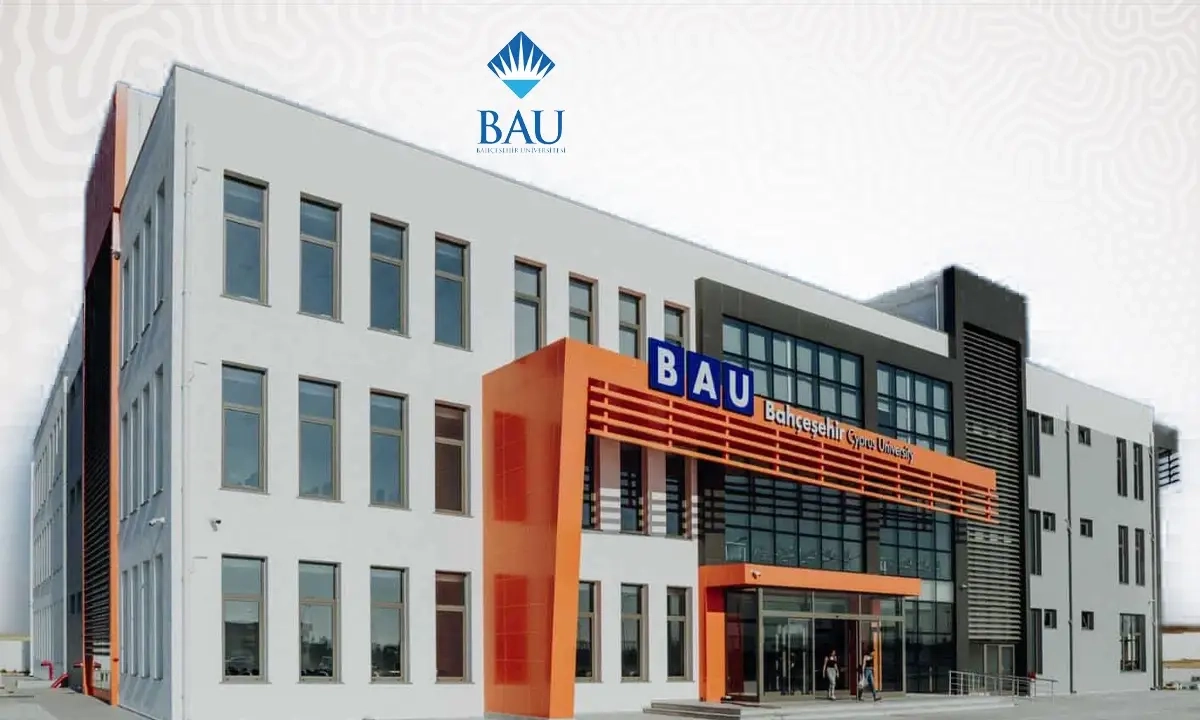College: Graduate School of Social Sciences
This program provides a comprehensive understanding of advanced acting principles and practices, with a focus on developing performance skills, character analysis, and theatrical techniques. Students explore key areas such as classical and contemporary acting, voice and movement, and theatrical craftsmanship. The program emphasizes creativity, emotional depth, and the application of acting techniques to deliver compelling performances. Graduates are prepared for careers in theater, film, television, and other performance arts.
Learning Objectives:
- Understand the fundamentals of acting theory and techniques.
- Develop skills in character analysis, emotional expression, and performance.
- Learn techniques for voice modulation, movement, and stage presence.
- Explore the role of classical and contemporary texts in acting.
- Understand the principles of collaboration and teamwork in theater.
- Analyze challenges and opportunities in the acting industry.
- Develop critical thinking and problem-solving skills for acting projects.
Main Curriculum:
- Introduction to Advanced Acting - Overview of the field, its history, and importance in performing arts.
- Acting Techniques and Methods - Study of various acting methods, including Stanislavski, Meisner, and Method Acting. - Techniques for applying acting methods in different performance contexts.
- Character Analysis and Development - Principles of character analysis, background creation, and emotional depth. - Techniques for developing convincing and compelling characters.
- Voice and Speech for Actors - Fundamentals of voice modulation, pronunciation, and vocal health. - Techniques for effectively using voice in performance.
- Movement and Physicality - Study of physical awareness, movement techniques, and physical expression. - Techniques for using movement to enhance performance.
- Classical and Contemporary Texts - Exploration of classical plays, modern dramas, and contemporary texts. - Techniques for interpreting and performing diverse theatrical texts.
- Theatrical Arts and Technical Theater - Principles of theater design, lighting, sound, and costumes. - Techniques for understanding and using artistic elements in performance.
- Emerging Trends in Acting - Analysis of innovations such as digital performance, immersive theater, and interdisciplinary art. - Techniques for adapting to new trends and technologies in the acting industry.
- Advanced Acting Capstone Project - Real-world project to apply acquired skills in a full-scale theater production or film project. - Techniques for delivering a comprehensive acting performance.
Assessment Methods:
- Theatrical performances or film projects or monologues.
- Written assignments on acting theory, character analysis, and performance techniques.
- Group projects in teamwork and collaborative performance.
- Participation in internships or fieldwork with theater companies, film studios, or performance groups.
Recommended Textbooks:
- "An Actor Prepares" by Constantin Stanislavski.
- "The Actor's Art and Craft" by William Esper and Damon DiMarco.
- "Freeing the Natural Voice" by Kristin Linklater.
- "The Actor and the Target" by Declan Donnellan.
Prerequisites:
Basic knowledge of acting, theater, or performance arts is recommended. Suited for students in theater arts, performing arts, and related fields.
Duration of the Program:
Typically 4 years, including coursework, performances, and internships.
Degree:
Graduates may receive a degree in Advanced Acting or a related field.
Target Audience:
Aspiring actors, theater artists, and cinema arts performers seeking excellence in acting and performance careers. This program equips students with the creative, technical, and emotional skills necessary for excelling in advanced acting, delivering compelling performances in theater, cinema, and other performance arts.

